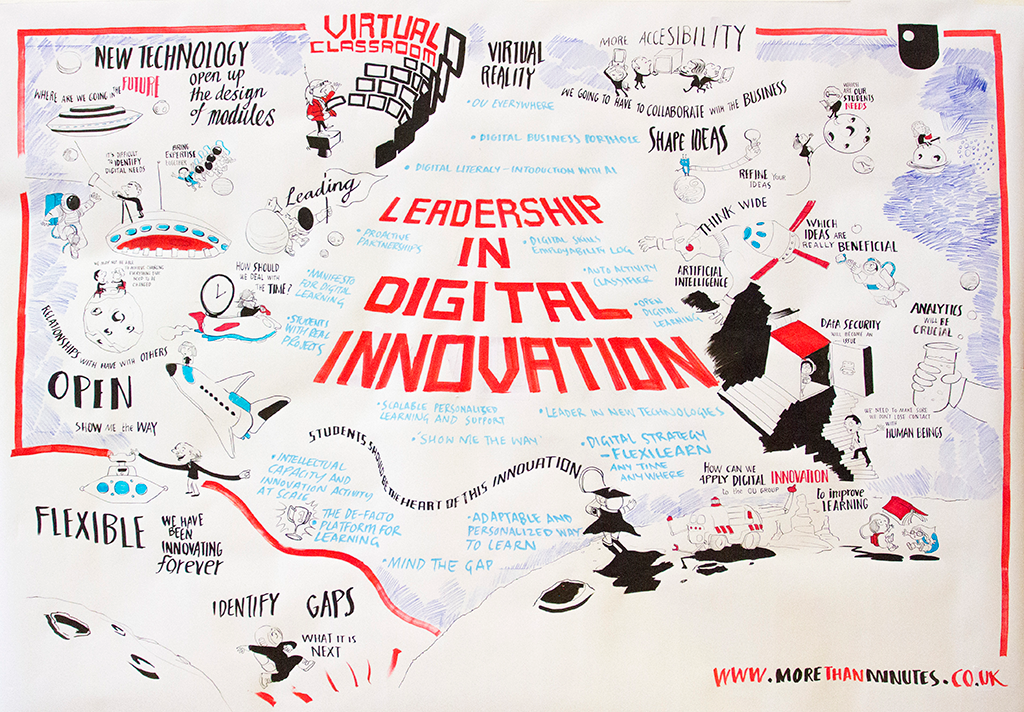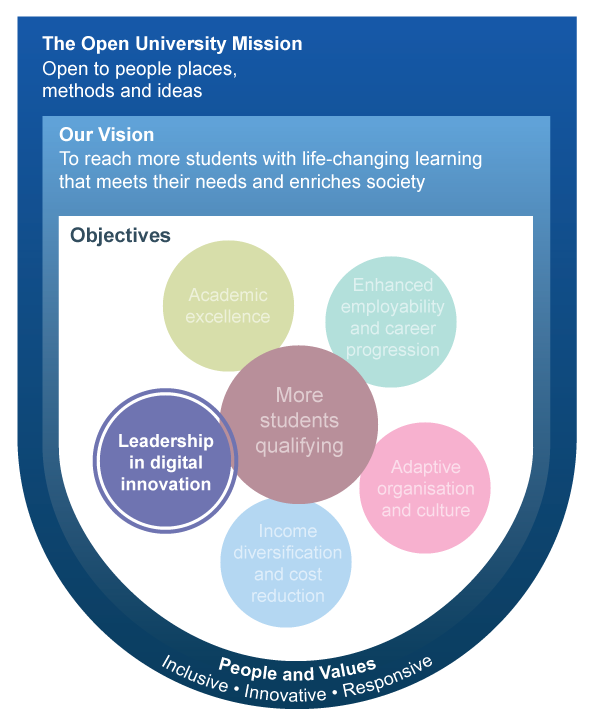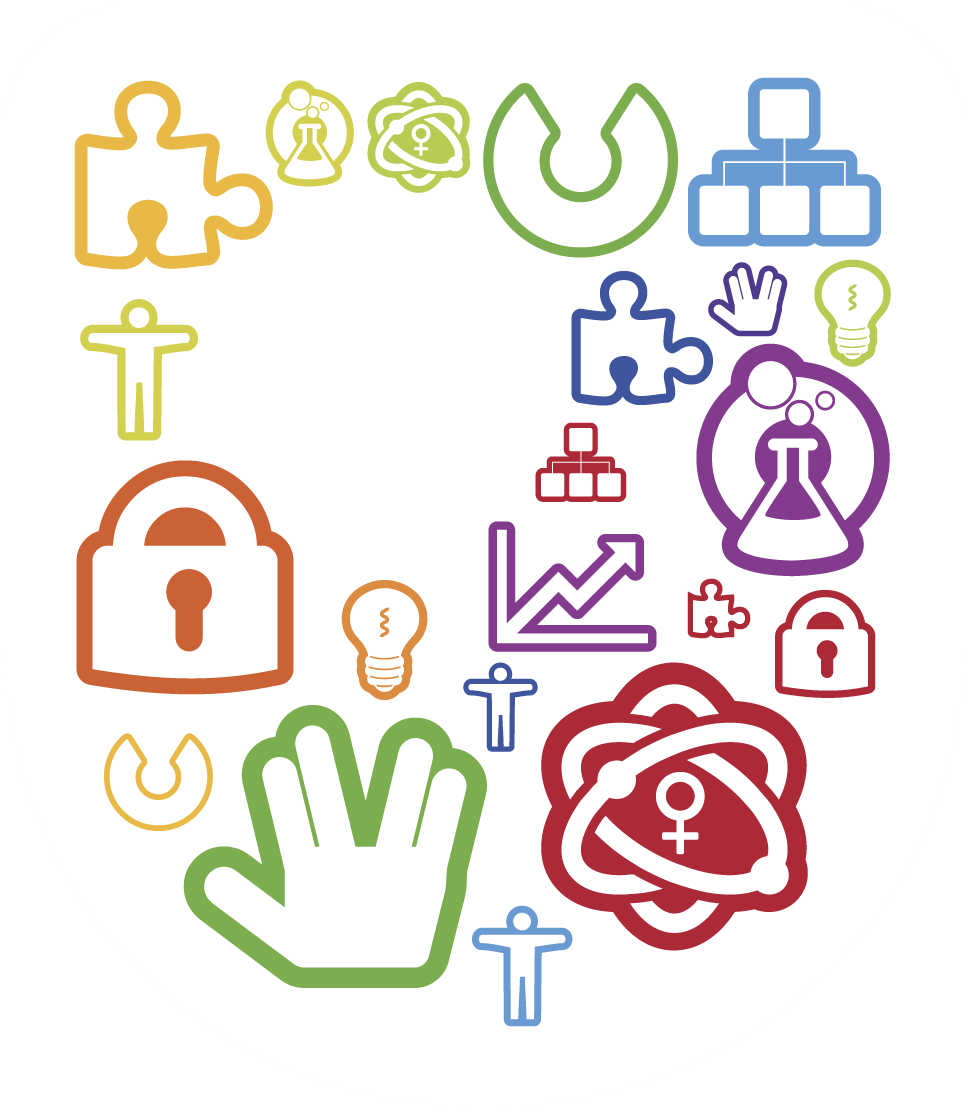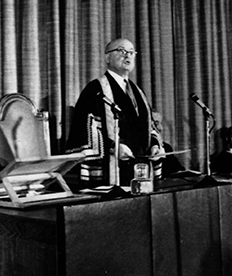
The following materials were shared during the workshop:
The Students First Strategy has been created by the Vice-Chancellor and VCE following the submission of the Students First paper in the summer and the consultation with staff. The strategy is now seeking wider input from staff.
The aim of this engagement project is to give staff further opportunity to engage with the strategy in order to:
So far, five workshops have taken place on More Students Qualifying; Academic Excellence; Enhanced Employability and Career Progression; Income Diversification and Cost Reduction; Adaptive Organisation and Culture.
Here in this website we bring together some material to stimulate discussion as we gather input from across the whole of the University for this area and to announce a Leadership in Digital Innovation Workshop that we will run on Tuesday May 3rd 1.00 - 4.00pm in the Hub Theatre, Walton Hall.

The way we work, live and play has changed thanks to digital innovation. Below are a few examples of disruptive companies that have had an impact. For example, Uber is now worth $40-50 billion, Airbnb $25.5 billion and the app revolution has added over half a million iOS jobs to the European economy since the Apple App Store opened in 2008 (75 billion downloads up until 2014). What types of digital disruption will we see in teaching and learning? We would really like to see a broad spectrum of OU staff and students to come along to our Leadership in Digital Innovation Workshop to examine this question.
You can give input before the workshop by tweeting using the hashtag #OUDigitalInnovation or adding a comment at the bottom of this web page.
World's largest taxi company
Doesn't own taxis

Largest accommodation provider
Doesn't own real estate

Largest phone companies
Don't own telecom infrastructure
Most popular media owner
Doesn't create content

The world's most successful University
Has no...
Fastest growing banks
Have no actual money

World's most valuable retailer
Has no inventory

World's largest movie house
Doesn't own any cinemas
Largest software vendors
Don't write the apps

World's largest taxi company
Doesn't own taxis

Largest accomodation provider
Doesn't own real estate

Largest phone companies
Don't own telecom infrastructure

Most popular media owner
Doesn't create content

The world's most successful University
Has no...

Fastest growing banks
Have no actual money

World's most valuable retailer
Has no inventory

World's largest movie house
Doesn't own any cinemas
Largest software vendors
Don't write the apps

We are hosting a workshop on Tuesday 3 May, 13:00–16:00, in the Hub Theatre, and we want you to come along and contribute to how we take forward the strategic objective of Leadership in Digital Innovation.
At this workshop

"The world is caught in a communications revolution, the effects of which will go beyond those of the industrial revolution of two centuries ago. Then the great advance was the invention of machines to multiply the potency of men's muscles. Now the great new advance is the invention of machines to multiply the potency of men's [sic] minds. As the steam engine was to the first revolution, so the computer is to the second. It has been said that the addiction of the traditional university to the lecture room is a sign of its inability to adjust to the development of the printing press. That of course is unjust. But at least no such reproach will be levelled at The Open University in the communications revolution. Every new form of human communication will be examined to see how it can be used to raise and broaden the level of human understanding. There is no restriction on techniques."
- 1969 Lord Crowther's speech during the Charter ceremony

"I have seen first-hand the transformative power of learning around the world, especially when coupled with technology. The Open University has been making a life-changing difference to hundreds of thousands of people by providing them, through distance learning, with an education that may otherwise have been unattainable."
- 2014 Peter Horrocks

"Throughout the history of education there has been an insidious link between quality and exclusivity in education... the good tidings is that technology has shown that it can break that insidious link once and for all."
- Sir John Daniel, UNESCO (Open University Vice Chancellor, 1994-2000)
The Open University looks ahead to the year 2000 and the role Information Technology courses will play. Students on the DT200 course discuss the problem of purchasing or renting a computer.
Imagine it's ten years in the future. You're one of ONE BILLION people who are using a new technology to track their learning and income. This new technology is known as THE LEDGER.
General assembly at Cranfield Institute of Technology, discusses consultative committees, the teaching system and the use of the computer in the University.
The first of the new look Open Forum programmes looking at New Technology: teaching by Interactive VideoDisk, Stress at work disk and a visit to exhibition of Educational Technology.
What does the future of learning look like? For over 40 years The Open University has pushed the boundaries of teaching and learning to deliver a dynamic learning...
The OpenScience Lab (OSL) is the OU's online laboratory for practical science teaching that is open to all...
In the Charter Ceremony speech Chancellor Lord Crowther mentions that the OU is open to methods - "every new form of human communication will be examined..."
The Student Computing Service started in 1970 as a sub unit of the Faculty of Mathematics to serve the M100 course.
There were three HP 2000 computers, one each in Newcastle, London and Milton Keynes. They were dedicated to run BASIC.
The University's first four courses are launched. Students receive their home experiment kits though the post - including the award-winning McArthur Microscope - a handheld microscope adapted for the University by the designer. Adaptations included the use of moulded plastic - more economical to make and cheaper to send through the post to the students.
Courses using this service included M251: "An Algorithmic Approach to Computing" and PM951 "Computers and Computing"
Extract from Open Forum audio transcript:
Aldwyn Cooper: Cicero itself is really just a computer. We're trying to provide some kind of personalised teaching service for each student that they don't get from their human tutors. When they go along to a human tutorial really all that a human tutor has time for is to provide a general overall level of knowledge for all the students who care to attend. What we're trying to do is to access each student's level of knowledge and to try to give them some kind of personal advice as to how they may best pursue the rest of their year.
The way we go about it is this. Instead of providing an enormous number of multiple choice questions in the form of the old computer marked assignments we ask them a limited number of questions which have been very carefully prepared to give us some kind of signs as to how the student is getting on a particular course, for instance, on the first course which we've tried, the Personality and Learning course, we've broken down the whole unit that we're accessing into personality theory and methodology. Within personality theory, for instance, we might ask a question about one of the particular theorists covered like Freud. We might say; "which of these following would be an example of Freud's definition of the ego?"...
Singleton: And what happened then Jane?
Cole: Well, it's very friendly. It gives you a "well done, your knowledge is very good on Freud", or it asks you to wait a moment while it looks for some more questions to ask you, which is very reassuring because you know that it is sort of really concentrating on you, and a machine is listening to you and responding...
The Cyclops machine was also developed – an 'electronic blackboard' linking students through telephone lines and drawing on TV screens. This effectively enabled a tutor to communicate via voice and drawings – 'tele writing' – to distance students with a terminal.
Max Bramer writes in the CAL Research Group Technical Report No.1 entitled "Using Computers in Distance Education: the first 10 years of the British OU" (available in the Library)
Staff start using CoSy, an asynchronous text based communication application
The first Home Computing Policy was introduced (HCP1).
This policy was driven by a number of far thinking people including Norman Gowar, Jim Burrows, John Naughton and others. A substantial grant was raised from the Department of Education which allowed us to set up a loan scheme with about 2,500 computers.
The computer specification was: 512 kB RAM, single 5.25" DD floppy disk drive, CGA mono monitor and MS-DOS 2.1 with Gem version 2. Effectively this meant an Amstrad 1512. We cut a deal with Alan Sugar to allow OU students to purchase this machine, with a printer for £500. (Probably about five times that in 2009 prices?) The first three courses were DT200, and M205 and M371. There were about 5,000 students and 47,000 floppy discs were distributed in this first year.
Chaired by Nick Heap, this was a groundbreaking course. Enormously popular, in its first few years it had around 2000 students. Geoff Einon & Steve Majithia were key players in the software development.
Not only did it introduce students to the basics of what we now call Office software: First Word Plus, Lotus-123, DacEasy Base, Gem Paint it also used the budding Internet.
Students communicated with each other using the Cosy conferencing system. In addition they had to carry out a survey, enter the results into DacEasy base and use Kermit to send it out to the University. Here, we had developed a system to collate all the students data. They then downloaded this collated data and at the write a TMA comparing and contrasting some aspect of the survey.
"We set up the first FirstClass server in 1992, for the JANUS project. In order to trial it we got many technology staff to use it for their mail (we previously had MSMail but it was before the days of Exchange, of course) and coursework authoring - and random people in other areas of the university also signed up to try it out. We also ran some smallish pan-european courses for the JANUS project." (Quoted from email from Ches Lincoln 3-Nov-08)
The second Home Computing Policy (HCP2) was approved (source: email from Roger Moore dated 2/1/09)
The Open University started building virtual microscopes in 1993 when a team of earth scientists and educational technologists joined together to push the boundaries in the teaching of optical microscopy for earth scientists.
The first compulsory use of FirstClass was on Tone Hasemer's LISP course (DM863). This was hosted on the Phoenix server (ie the EMERG team's own server) and played a part in helping to persuade ACS to support FirstClass.
"The first OU course to use it [FirstClass] wasn't in Technology, it was DM863 - Introduction to LISP programming for Artificial Intelligence, which had previously been using CoSy. In 1993 they went over to FC. Incidentally, DM863 was also the first completely online course - no f2f tutorials and no printed materials other than the set book. Not the current model of online presentation, of course (Course units in a less readable form
The Homer CD-ROM was the OU's first venture into multi-media. It was used as part of 'A295 Homer: Poetry and Society'.
In August and September 1994, a Virtual Summer School (VSS) for an Open University undergraduate course enabled students to attend an experimental version of summer school 'electronically', i.e. from their own homes using a computer and a modem. VSS students were able to participate in group discussions, run experiments, obtain one-to-one tuition, listen to lectures, ask questions, participate as subjects in experiments, conduct literature searches, browse original journal publications, work in project teams, undertake statistical analyses, prepare and submit nicely formatted individual or joint written work, prepare plenary session presentations, and even socialize and chit-chat, all without ever leaving their homes. The term 'Virtual Summer School' was used to mean that the software packages supplied to students emulate many aspects of a residential summer school, but without requiring physical attendance. In 1994, this was an experimental option for a dozen already-excused students on D309, which gave a low-risk entry in order to assess the viability of the approach.
KMi was set up in recognition of the need for the Open University to be at the forefront of research and development in a convergence of areas that impacted on the OU's very nature: Cognitive and Learning Sciences, Artificial Intelligence and Semantic Technologies, and Multimedia.
The Personal Computing Policy was approved (replacing the second Home Computing Policy) - (source email from Roger Moore dated 2/1/09)
Some OU students were able to graduate at a distance.
Media
PR Newswire
CNM Publication
The Library launches Open Libr@ry providing Open University students, associate lecturers and staff with access to electronic journals and resources via the internet
Project for Management of Integrated Scaleable Electronic Services "to provide systems, tools and procedures that will enable a large number of course teams to develop and maintain a basic online presence to support their teaching and learning activities"
Lyceum was developed at the Open University and was introduced into language tutorials in 2002. Lyceum is a synchronous form of computer-mediated communication that allows groups of people to speak to one another in real time over the Internet using Voice over IP conferencing. It also offers an interactive whiteboard, a concept mapping device, a word processor and a written text chat facility.
The OU announced that it was going to use Moodle as the basis for its own VLE.
The last of the course programmes was broadcast on BBC 2's late-night Learning Zone in December 2006. The OU continued to work with the BBC on 'peak time' programmes that were of general public interest (as well as including academic content).
OpenLearn aims to break the barriers to education by reaching millions of learners around the world, providing free educational resources and inviting all to sample courses that our registered students take – for free!
Digilab is a showcase within the OU library for tools, technologies and resources illustrating how today's technology can nurture tomorrow's learners. User guides explain how engaging interactive materials achieve successful learning outcomes.
OU View contains over 300 videos plus links to other OU resources such as Open Learn
The Open University launches its iTunesU project: in 4 months Open University materials had over 1 million downloads from the Apple ITunes site, by 2010 there are 20 million downloads
The Open University's social media site for identifying nature, is launched
data.open.ac.uk is the home of open linked data from The Open University. We interlink and expose data available in various institutional repositories of the University and make it available openly for reuse.
High quality online education - Free online courses from top universities and specialist organisations.
https://www.futurelearn.com/partners/the-open-university
OU Analyse is a project piloting machine-learning based methods for early identification of students at risk of failing. A list of such students is communicated weekly to the module and Student Support Teams to help them consider appropriate support. The overall objective is to significantly improve the retention of OU students.
Media
OU Academics use social media to influence higher education. See news release http://intranet.open.ac.uk/ouintra/story.aspx?id=29446
OU wins four awards at the Awards for Open Education Excellence
Registration for the Leadership in Digital Innovation workshop is now closed.
Back to top
Social
During the event participants asked questions and provided feedback using the Twitter hashtag #OUDigitalInnovation. Click on the feedback button below to see activity from the day.
View all social feedback